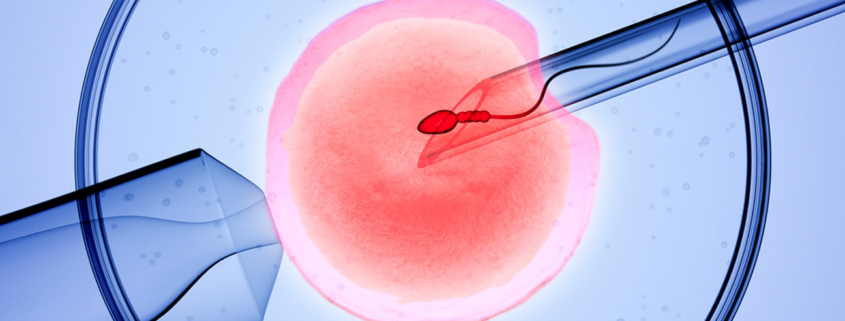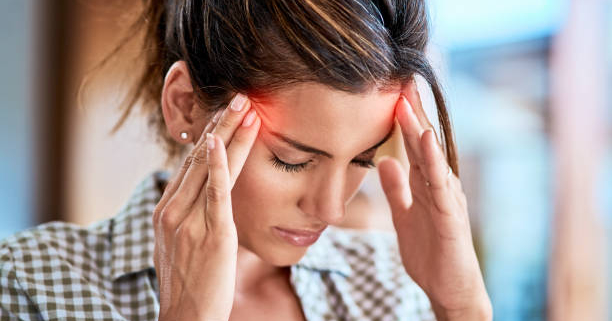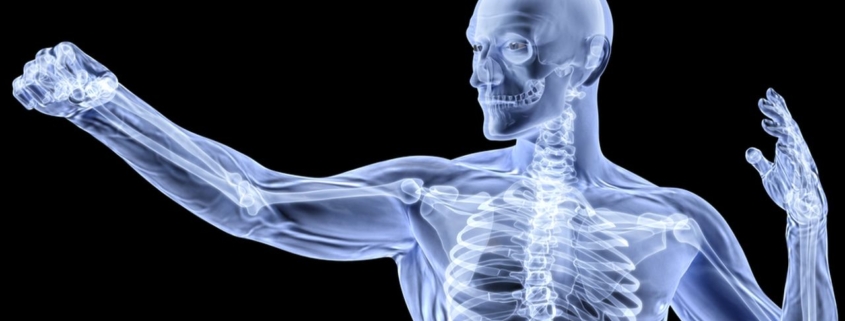What men and women need to know…a leading IVF clinic in Dwarka weighs in.
For women, age is definitely the most significant factor that affects their fertility and chances of having child; the odds of having a child is much higher for women who are younger than 35 and men younger than 40: than for older women and men. This holds true for natural pregancies and pregnancies conceived through treatments like IVF and the chances of having a child depend on the ages of both the father and mother.
Women’s age and infertility
Women are born with all the eggs they will ever have during their lives and with age the eggs as well, and decline in numbers and quality over time. This is why the chances of having a child also reduce over time, particularly for women older than 35 and this can be difficult for women who are not ready to start a family. A woman younger than 30 has about a 20 percent chance of getting pregnant naturally each month and by the age of 40, the chances of pregnancy are about five percent each month.
Age matters for men as well
You may have heard of men in their 80s and 90s fathering children, but this is rather rare. A father’s age affects the chances of a successful pregnancy. In all the IVF treatment we’ve provided, we have noticed that it takes longer for partners of men who are older than 40 to conceive a child.
If a woman is younger than 25 and if her partner is younger than 25, it takes on average, about five months to get pregnant and if the male partner is older than 40, it takes about two years or so, even longer if he is older than 45.
The risk of miscarriage is higher in women whose male partner is older than 45, compared to men younger than 25.
For couples who opt for IVF, the chances of having a baby is higher if the man is younger than 40.
Age can also lead to more risks associated with pregnancy because of the changes that happen in eggs and sperm with age. The children of older parents are at slightly higher risk of being born with birth defects and genetic abnormalities. The risk of mental health problems and autism spectrum disorder is marginally higher in children of fathers older than 40 than in those with younger fathers.
The risks of miscarriage and complications in pregnancy and childbirth are higher for older women than for younger women.
We have constantly provided the best IVF treatment in Dwarka to its residents and surrounding areas. Our team of highly experienced fertility specialists have helped numerous couple fulfill their dream of parenthood in West Delhi and beyond.







